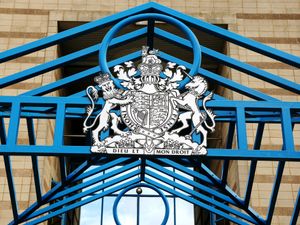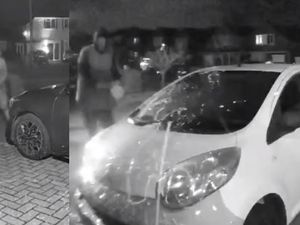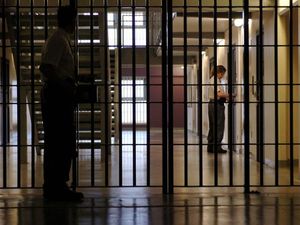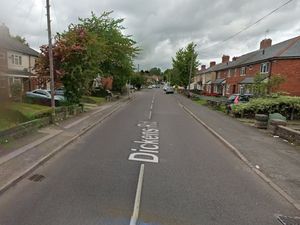A killing spree that shocked Britain - How Harry Street's rampage unfolded
Firearms fanatic Harry Street's merciless killing spree in 1978 claimed five lives and prompted front-page headlines which shocked Britain.
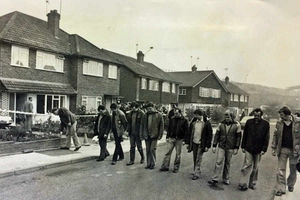
Street, then known as Barry Williams, was detained in Broadmoor indefinitely in March 1979 after pleading guilty to the manslaughter of his victims on the grounds of diminished responsibility.
The foundry worker's attacks on members of the public were only halted after a 30-mile high-speed car chase across Derbyshire's Peak District.
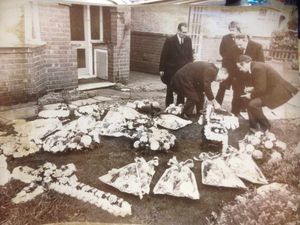
Following his arrest by officers who overpowered him, more than 900 live bullet cartridges and a 0.22-calibre pistol were found stashed inside Street's Ford Capri.
He began his rampage at about 7pm on October 26, 1978, with the "matter-of-fact" killing of three of his neighbours, George Burkitt, his wife Iris and their son
Philip.
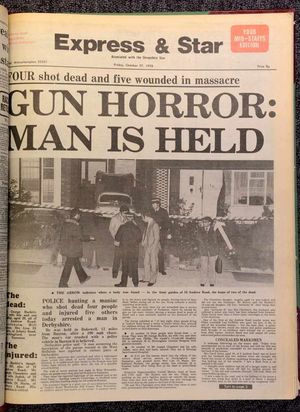
Mr and Mrs Burkitt were both shot in the head, while their son was shot through the heart.
Street also gunned down the Burkitts' 17-year-old daughter Jill, who survived despite being hit in the back and thigh by five bullets after opening the door of the family's home on West Bromwich's Bustleholme Mill estate.
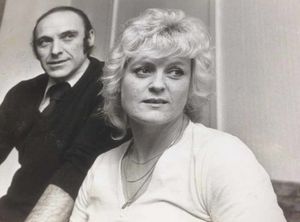
The initial rampage - in which 23 rounds were discharged from a Smith and Wesson handgun - also saw another neighbour shot in the chest and shoulder.
Street then drove to Stockingford, near Nuneaton, where he killed Michel and Lisa Di Maria, an Italian-born couple who ran a petrol station, by firing shots through the window of an office.
After the shootings, it emerged that Street, then aged 34, had a firearms certificate for a semi-automatic weapon he used legitimately at gun club ranges.
Two charges of attempted murder were ordered to lie on the file by a judge at Stafford Crown Court in March 1979, who described Street's crimes as a "dreadful series of events" driven by mental illness.
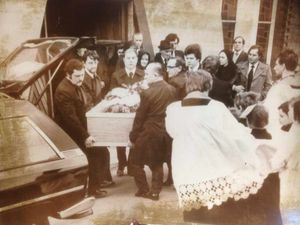
Psychiatric experts told the court Street had an active paranoid psychosis requiring hospital treatment.
Street's release, after he was deemed safe to be returned to the community, also attracted significant media attention.

A decision in 1994 to allow him to live in a bail hostel around six miles away from the scene of the West Bromwich shootings was described as "crass, insensitive and dangerous" by a local MP.
One of Street's original victims also voiced anger at the decision to free Street.
Speaking to a newspaper in 2003, Judith Chambers, who survived being struck by two bullets, warned that Street may one day attempt to repeat his slaughter.
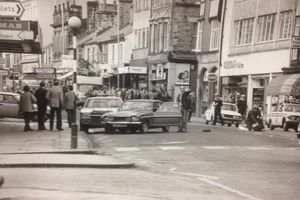
Referring to her attacker by his original surname, she said: "One of my fears is that one day he will decide to come back to Birmingham and finish the job off. If he ever got his hands on another gun, I dread to think what the consequences might be.
"Some day, someone will be sorry that Williams was let out."

